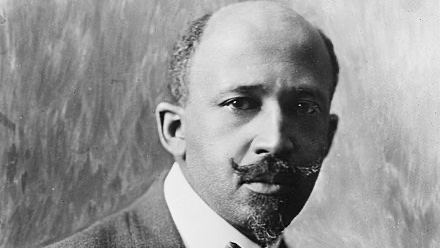
Editorial Director, NotebookLM and Google Labs. Author of 14 books. Latest: The Infernal Machine. Speech inquiries email: wesn at leighbureau dot com
How to get URL link on X (Twitter) App








 (Some of what follows is told at greater length in my book Enemy of All Mankind: A True Story of Piracy, Power, and History's First Global Manhunt, now out in paperback.) penguinrandomhouse.com/books/545158/e…
(Some of what follows is told at greater length in my book Enemy of All Mankind: A True Story of Piracy, Power, and History's First Global Manhunt, now out in paperback.) penguinrandomhouse.com/books/545158/e…

 (This story is told in my new book, Extra Life: A Short History Of Living Longer — also a PBS/BBC series co-hosted with @davidolusoga.) penguinrandomhouse.com/books/594501/e…
(This story is told in my new book, Extra Life: A Short History Of Living Longer — also a PBS/BBC series co-hosted with @davidolusoga.) penguinrandomhouse.com/books/594501/e…

 (@DavidOlusoga and I tell this story in tonight’s episode of Extra Life on @pbs at 8PM/7Central — the episode is all about the surprising power of data to save lives, and DuBois is one of its central protagonists. The episode will air on BBC4 next Tues.)
(@DavidOlusoga and I tell this story in tonight’s episode of Extra Life on @pbs at 8PM/7Central — the episode is all about the surprising power of data to save lives, and DuBois is one of its central protagonists. The episode will air on BBC4 next Tues.)

 A century ago, at the end of the Great Influenza, global life expectancy was in the mid 30s. In the US, it was 47. In places like India, it was in the mid 20s, lower than the average lifespan in most hunter-gatherer societies.
A century ago, at the end of the Great Influenza, global life expectancy was in the mid 30s. In the US, it was 47. In places like India, it was in the mid 20s, lower than the average lifespan in most hunter-gatherer societies.